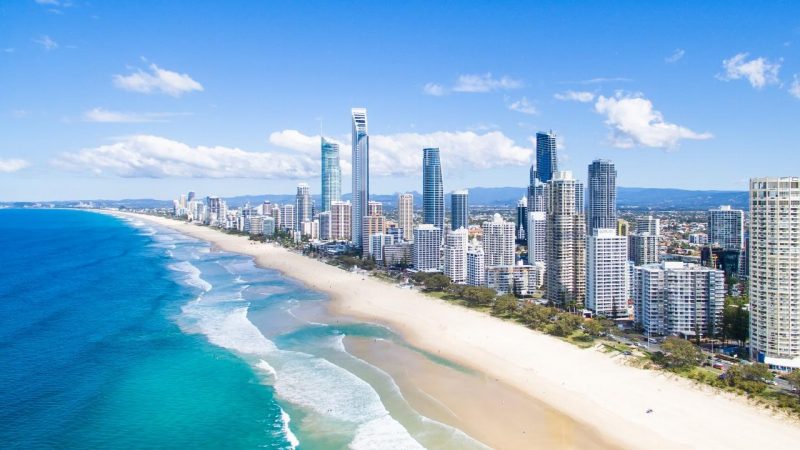- Accommodation providers Aspen Group (APZ) has had a positive 2020 financial year (FY20) despite the challenging operating conditions
- In the second half of this year, Aspen felt the impacts from both the bushfires and COVID-19 which caused short-stay tourist component revenues to collapse
- However, the loss of revenue was saved by the rapid shift to longer stay leases, a material reduction in operating costs, and subsidies and grants from various federal and state governments
- The company reported its statutory net profit increased 1338 per cent to $11.87 million compared to $960,000 in FY19
- Aspen recorded earnings before interest, taxes, depreciation, and amortisation (EBITDA) of $8.03 million, which is a 36 per cent increase
- As the COVID-19 pandemic is still ongoing, the company can not give guidance for the 2021 financial year
- Aspen is up 2.04 per cent on the market this afternoon and is trading for $1 per share
Accommodation providers Aspen Group’s (APZ) financial performance has improved in the 2020 financial year (FY20) despite the challenging operating conditions.
In the second half of FY20, Aspen’s business was impacted by catastrophic bushfires over the summer and COVID-19 caused short-stay tourist component revenues to collapse.
However, the loss of revenue was saved by the rapid shift to longer stay leases, a material reduction in operating costs, and subsidies and grants from various federal and state governments.
Approximately 60 per cent of Aspen’s tourist cabins are leased on longer-term contracts (around 90 days).
The company reported its statutory net profit increased 1338 per cent to $11.87 million compared to $960,000 in FY19. Operating profit increased 34 per cent to $6.64 million from $4.96 million.
Aspen’s net cashflow from operating activities increased 192 per cent to $11.25 million and recorded earnings before interest, taxes, depreciation, and amortisation (EBITDA) of $8.03 million, which is a 36 per cent increase.
Its rental and ancillary services revenue increased by two per cent to $28.13 million, this was mainly due to increases at Highway One Caravan Park, Aspen Karratha Village, its land lease communities, and the purchase of the Lindfield Apartments and the Perth Residential Portfolio.
However, these were largely impacted by the collapse of short status tourist revenues due to COVID-19. The bushfires also impacted Apsen’s Barlings Beach and Tween Waters parks on the NSW south coast throughout the summer period.
At the end of June 2020, Aspen had total assets of $190.7 million and gross debt of $42.5 million.
As the COVID-19 pandemic is still ongoing, the company can not give guidance for the 2021 financial year.
“We have been managing the risks of COVID-19 and the recessionary economic environment by entering into longer-term leases for our traditional short-stay cabins and materially reducing operating costs,” the company said.
“Importantly, we have maintained the flexibility to shift back to short-stay business should the demand improve and if it leads to higher profits. There is the potential for buoyant domestic travel activity, particularly over the summer period because holidaymakers may not be able to travel overseas this year,” it added.
Aspen is up 2.04 per cent on the market this afternoon and is trading for $1 per share at market close.

